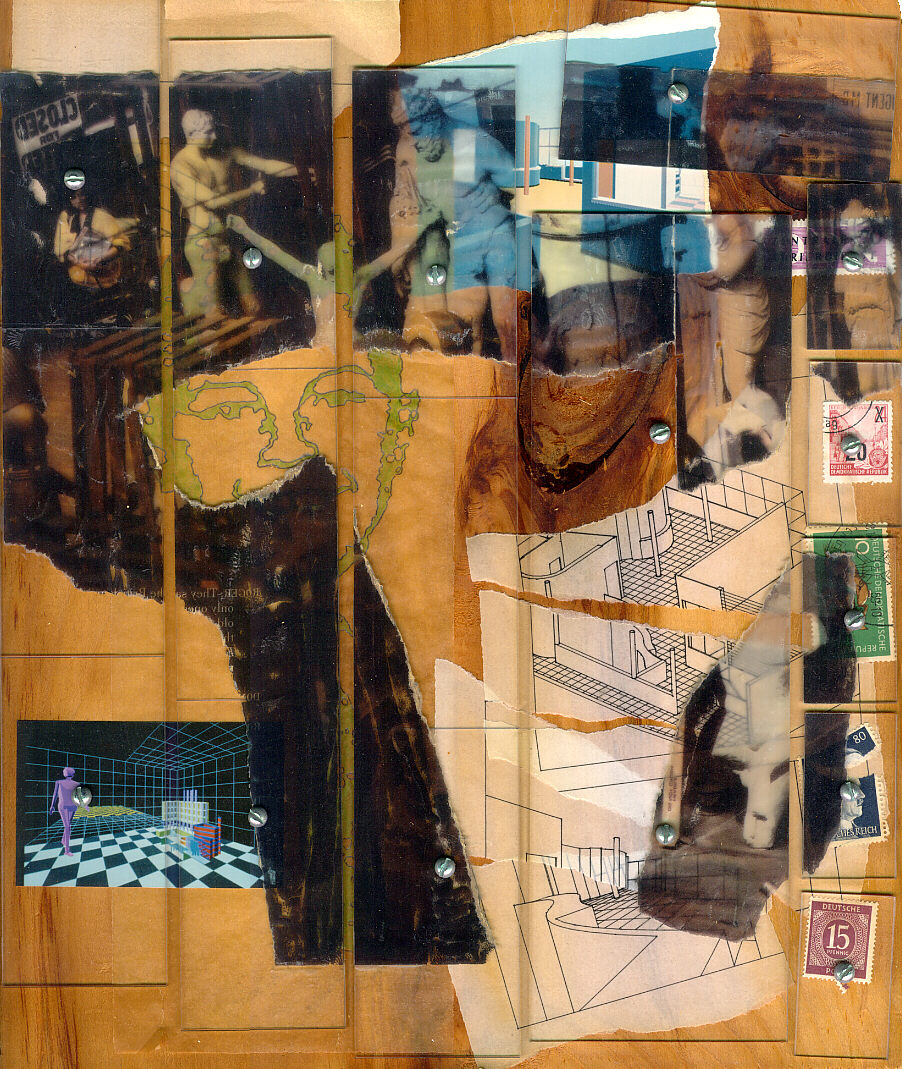
| |
2001.12.09 11:05
Re: Plato's Cave
Theatrics Times Two, too
This just might be the place where "illusion reenacts its realistic mirror."
2002.12.09 13:27
Re: Sentimental Journey
frond asks, "is kitsch always sentimental?" and/or "is kitschy sentiment always not genuine?"
There probably can be (or even already is) some non-sentimental kitsch out there. If I had my way (wink wink), I'd call most of Barnett Newman's art, for example, non-sentimental kitsch, in that it (or at least a lot of it) is excessively devoid except for his signature.
The notion of a 'sentimental journey' brings to mind the notion of reenactment, however, reenactments have the inherent potential to rise far above kitsch, such as the Roman Triumphal Way, which was in 1997 reenacted via Diana's funeral—and granted some may even view Diana's funeral as ultimate kitsch, but what it really turned out to be is a rather ultimate reenactment of something that was done several hundred times in ancient Rome. The uncanniness of Diana's funeral is that it indeed was completely genuine, a real procession through real imperial arches, real princes, real immense crowds, and even a real sacred place for its culmination. The formula of the Triumphal Way was genuinely carried out to the very last detail.
Now compare Diana's funeral with a reenactment of a Civil War battle, and I think the difference between genuine and sentimentality become a little clearer. It all has to do with degrees of separation, either getting as close to the truth as possible, or, at the other extreme, stretching the truth as far as it can go.
2002.12.09 17:41
Re: Sentimental Journey
Yes, our planet's celestial cycle, literally, does reenact itself with each revolution around that star we call the sun. And yes, human procreation is often akin to reenactment. Yet, more than anything, it is human memory that manifests the primordial reenactment that we humans deal with consciously and unconsciously all the time. Our memories are nothing but reenactments.
How all this relates to the sensibility toward artistic creation, be it a new sensibility or an old one, is easily considered an open question. What would it mean if human imagination is actually a mental process that reenacts corporeal physiology, for example, an imagination that behaves like osmosis where an equilibrium is sought, or a metabolic imagination where creative and destructive forces act in tandem toward a manifestation. Would such thinking yield a truly new sensibility?
If the imagination indeed already does operate in a way that reenacts corporeal physiology, then it has been operating as such for as long as there have been humans. Could it be that the new sensibility that you say is coming turns out to be a better understanding of our own visceral sensibilities?
|